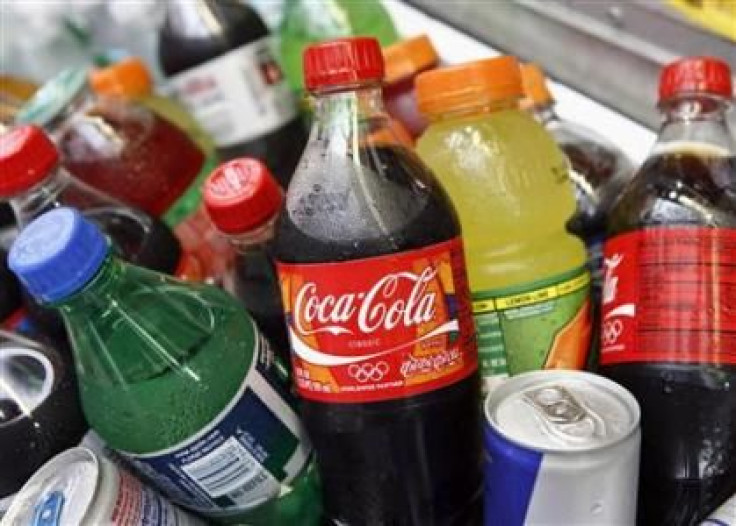Sugary Drink Consumption Linked To 180,000 Deaths Worldwide, Says Study

Researchers announced a new finding this week linking 180,000 obesity-related deaths worldwide and 25,000 yearly U.S. deaths to the consumption of sugary drinks.
Fox News reported that the study, which was presented at the American Heart Association scientific conference in New Orleans Tuesday, claims that one out of every 100 deaths can be linked to the consumption of sugary beverages.
Data collected from 114 countries found an association between those who consume the sugary drinks and deaths that were determined to be from certain diseases such as cancer and diabetes. Despite the findings, the study notes that the beverages cannot be attributed to being the only cause for the passing of consumers.
“Diets with more calories from SSBs [sugary sweetened beverages] are poorer diets overall. They may also have more starch, or sodium, or trans-fat, or chemicals, and almost certainly do,” said Dr. David Katz, director of the Prevention Research Center at Yale University School of Medicine.
Gitanjali M. Singh, study researcher at Harvard School of Public Health, said he hopes the findings will result in better regulation of the products.
“Our findings should push policymakers world-wide to make effective policies to reduce consumption of sugary beverages, such as taxation, mass-media campaigns and reducing availability of these drinks,” said Singh.
The American Heart Association said they were pleased with the researchers' findings.
“The researchers make a huge leap when they take beverage intake calculations from around the globe and allege that those beverages are the cause of deaths which the authors themselves acknowledge are due to chronic disease,” said the association in a statement.
In an effort to curb excessive drinking of sugary liquids, New York City Mayor Michael Bloomberg recently attempted to ban retailers from selling over 16 ounces of the beverage. The ban was rejected Monday by the Supreme Court in Manhattan, calling the ban “arbitrary and capricious.”
© Copyright IBTimes 2024. All rights reserved.












